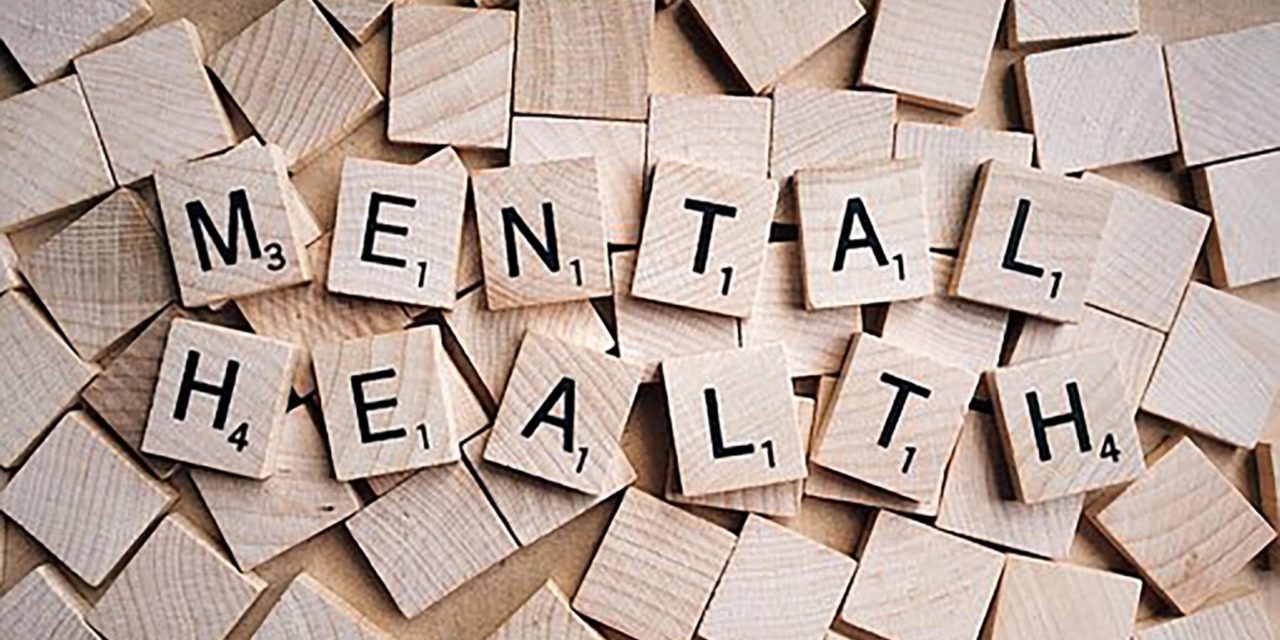Guilford County has been a place of real change for mental health treatment models in recent years and now the University of North Carolina at Greensboro has launched a new program that’s meant to connect youngsters and families to peer support providers during the current national youth mental health crisis.
The week of July 25, the university is holding a week-long virtual kickoff through the program’s website – NCVoicesamplified.org – and through its social media platforms – @NCVoicesAmplified on Facebook and Instagram, and @NCAmplified on Twitter.
“Family peer support providers” and “youth peer support providers” have specialized training that allow them to bring in their own lived experiences when they offer support to other parents and caregivers and help them navigate the maze of mental health services available for their children.
Due to the pandemic, changes in school, greater isolation, and other factors, children and teenagers in Guilford County and across the United States are facing unprecedented mental stresses right now.
In October of last year, the American Academy of Pediatrics, the American Academy of Child and Adolescent Psychiatry and the Children’s Hospital Association joined together to issue a declaration of a National State of Emergency in Children’s Mental Health. In December, the US Surgeon General issued an “Advisory on the Youth Mental Health Crisis.”
With collaboration and funding from the North Carolina Department of Health and Human Services Division of Child and Family Well-Being, the UNC Greensboro Center for Youth, Family, and Community Partnerships is launching the initiative called the NC Youth and Family Voices Amplified Program.
The program will provide training, technical assistance and other resources for a workforce of family and youth peer support providers.
According to state mental health professionals, peer support providers are an essential needed resource for addressing the current youth mental health crisis.
A press release from UNCG about the new program stated, “Behind all of the headlines and statistics on the mental health crisis among children and youth in the U.S. are the individual children, adolescents, and young adults who face mental health challenges, along with their parents and caregivers. Many of these youth and parents feel lost and overwhelmed when it comes to seeking services and other resources to foster positive mental health and support youth facing mental health crises. When navigating these services and systems, many families and youth find added comfort and support if they can connect with others who have had similar experiences.”


Youth (& the rest of us), need to get our eyes off the DumbPhone, & get out of the house.
Very often programs that are run by UNCG are valuable and worthy to the people in our community. This looks like it has positive potential for young people who have mental health issues and their families. I wish there was a similar program for people with devastating physical health issues and their family/friends caregivers or adults with mental illness and their families/friends.